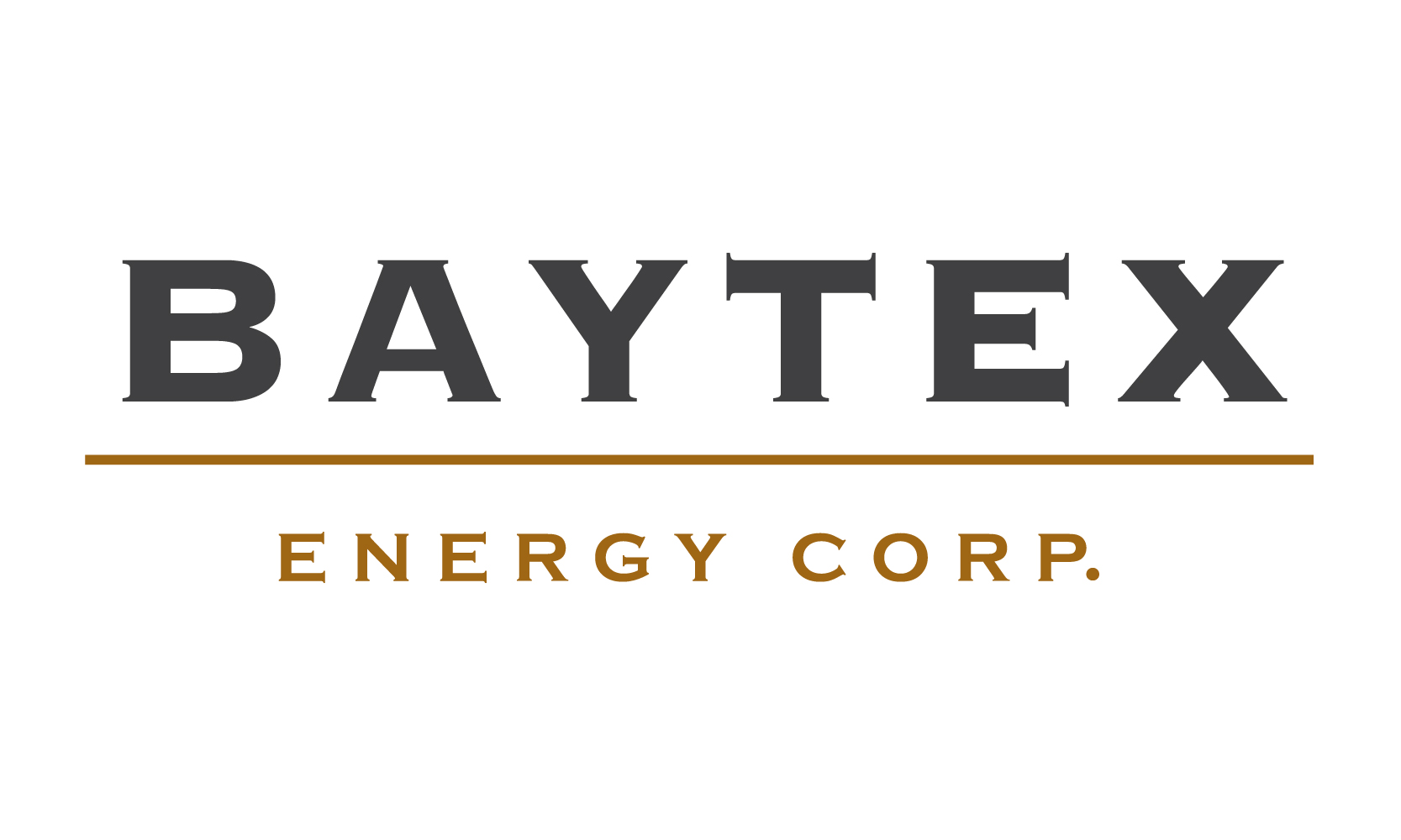by Greg Valliere, AGF Management Ltd.
HOPES FOR A SIGNIFICANT IMPROVEMENT in the supply chain gridlock have faded in recent days. Two negatives persist — a lockdown in China and a lack of workers in the U.S. — and here comes a new threat: the potential for labor unrest as U.S. longshoremen threaten a strike this spring.
THE BACKLOG OF SHIPS PERSIST: The Washington Post this weekend cited data from the Ports of Los Angeles and Long Beach, where officials report 106 massive container ships are waiting to unload cargo, which now takes an average of 116 days to travel from China to the U.S. With the government in Beijing aggressively cracking down on a new Covid outbreak ahead of the Winter Olympics, little improvement in shipping is expected.
IN ABOUT TWO MONTHS, negotiations will begin between the cargo carriers and the International Longshore and Warehouse Union. The Post reported on Sunday that shippers fear a repeat of the work slowdowns and employer retaliation that snarled West Coast ports for several months during the 2014-2015 round of talks and ultimately required federal mediation.
THE UPCOMING NEGOTIATIONS are expected to focus on employer demands for further port automation to keep pace with the most efficient European and Asian facilities. The union is likely to resist such changes, claiming they will cost jobs.
WE THINK THE PORT GRIDLOCK MAY BEGIN TO EASE in the second half of this year, but that means we’re looking at six more months — at least — of extremely tight supplies and upward price pressure for imported goods.
* * * * *
THE NEXT BUDGET CRISIS comes in one month, as a Feb. 18 deadline looms for passing a budget (there were two “kick-the-can” extensions in late 2021). It’s possible that still another extension will be necessary, but Democrats view this upcoming fight as a potential opportunity to revive some of their stalled programs.
A SCALED-BACK CHILD TAX CREDIT could be part of a budget deal, along with new Covid aid for restaurants, hotels, and other hard-hit sectors. There’s even some hope that Sen. Joe Manchin could agree to a plan that lowers income eligibility for the child tax credit.
THE REELING DEMOCRATS, facing a November election debacle, are talking internally about a “re-set” and they probably would accept any deal they can get. Whether Republicans would agree to any new spending is in doubt, but the threat of a government shutdown on Feb. 18 — which neither party wants — could revive talks on spending.
* * * * *
NATO DOESN’T WANT UKRAINE TO BECOME A MEMBER: With all of the heated rhetoric over Ukraine comes a puzzling contradiction: Many members of NATO, including France and Germany, strongly oppose offering membership to Ukraine — and a unanimous vote is required to admit new countries.
SO RUSSIA’S ADAMANT INSISTANCE that Ukraine not become a member is, in our opinion, a moot point. In the meantime, there are some carrots that the U.S. could offer: limits on military exercises, a reduction of offensive weapons in Ukraine, scaling back flights near Russian borders, etc.
WE STILL THINK RUSSIA will stop short of a traditional war; Putin must realize that a bloody guerrilla resistance could erupt if he invades Ukraine, damaging his political support within Russia. And the sanctions threatened by the U.S. are far from trivial. The likely outcome, in our opinion, is an uneasy stalemate, with border skirmishes and cyber attacks.
* * * * *
OUTLOOK FOR FED NOMINATIONS: Two of the three Biden nominees — academic economists Lisa Cook and Philip Jefferson — should win confirmation, assuming their hearings go well. The third nominee — progressive Sarah Bloom Raskin as Vice Chairman for regulatory supervision — will generate strong GOP opposition, but we think she will prevail.
RASKIN ALREADY HAS AGITATED the Wall Street Journal’s editorial writers, who oppose her desire to squeeze banks to toe the line on environmental policies. Raskin is strongly supported by Elizabeth Warren and the progressive left, which means virtually all Republicans in the Senate will oppose Raskin. For now we’ll predict that she wins confirmation with 52 or 53 votes.
THE MONETARY ANGLE: While Cook and Jefferson won’t get much publicity, if they win confirmation, the Fed could look quite dovish. Rate hikes on March 16 and May 4 look very likely, perhaps June 15 as well, but the new governors might balk at the four or five rate increases that some analysts are predicting.
The views expressed in this blog are those of the author and do not necessarily represent the opinions of AGF, its subsidiaries or any of its affiliated companies, funds or investment strategies.
The views expressed in this blog are provided as a general source of information based on information available as of the date of publication and should not be considered as personal investment advice or an offer or solicitation to buy and/or sell securities. Speculation or stated believes about future events, such as market or economic conditions, company or security performance, or other projections represent the beliefs of the author and do not necessarily represent the view of AGF, its subsidiaries or any of its affiliated companies, funds or investment strategies. Every effort has been made to ensure accuracy in these commentaries at the time of publication; however, accuracy cannot be guaranteed. Market conditions may change and AGF accepts no responsibility for individual investment decisions arising from the use of or reliance on the information contained herein. Any financial projections are based on the opinions of the author and should not be considered as a forecast. The forward looking statements and opinions may be affected by changing economic circumstances and are subject to a number of uncertainties that may cause actual results to differ materially from those contemplated in the forward looking statements. The information contained in this commentary is designed to provide you with general information related to the political and economic environment in the United States. It is not intended to be comprehensive investment advice applicable to the circumstances of the individual.
AGF Investments is a group of wholly owned subsidiaries of AGF Management Limited, a Canadian reporting issuer. The subsidiaries included in AGF Investments are AGF Investments Inc. (AGFI), AGF Investments America Inc. (AGFA), AGF Investments LLC (AGFUS) and AGF International Advisors Company Limited (AGFIA). AGFA and AGFUS are registered advisors in the U.S. AGFI is a registered as a portfolio manager across Canadian securities commissions. AGFIA is regulated by the Central Bank of Ireland and registered with the Australian Securities & Investments Commission. The subsidiaries that form AGF Investments manage a variety of mandates comprised of equity, fixed income and balanced assets.
About AGF Management Limited
Founded in 1957, AGF Management Limited (AGF) is an independent and globally diverse asset management firm. AGF brings a disciplined approach to delivering excellence in investment management through its fundamental, quantitative, alternative and high-net-worth businesses focused on providing an exceptional client experience. AGF’s suite of investment solutions extends globally to a wide range of clients, from financial advisors and individual investors to institutional investors including pension plans, corporate plans, sovereign wealth funds and endowments and foundations.
For further information, please visit AGF.com.
©2022 AGF Management Limited. All rights reserved.
This post was first published at the AGF Perspectives Blog.














